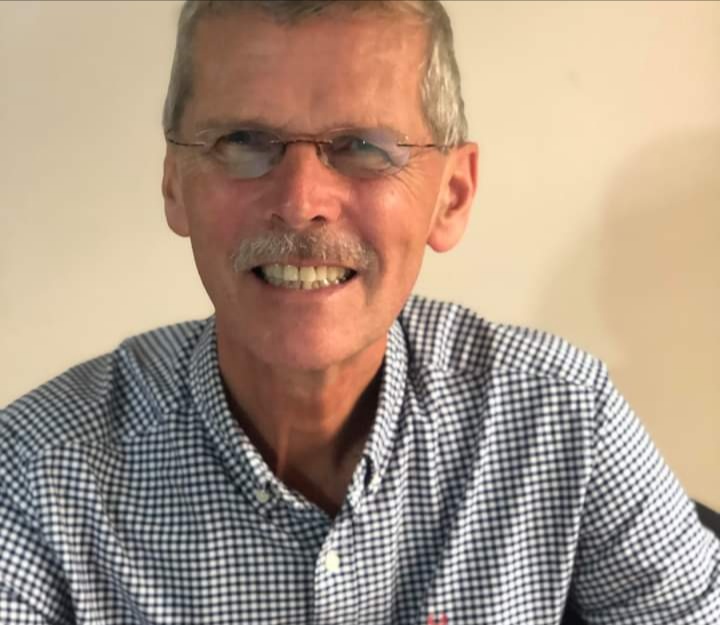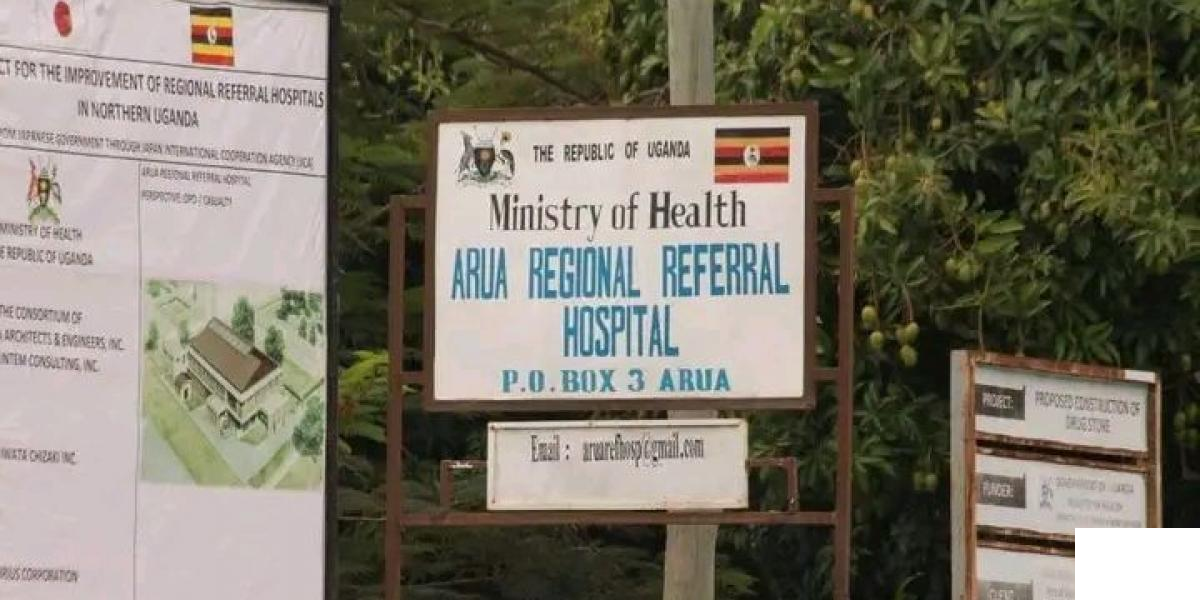Last week I was in Nairobi and the week before I was in Juba. This gave me the opportunity to observe how urban development is progressing in these three East African cities.
I first came to Uganda over thirty years ago, I visited Nairobi shortly after that and I visited Juba fifteen years ago when it was still a garrison town, so I had a baseline for comparison. In 1987 some of the main roads in Kampala had so many potholes that they were practically impassible, electricity was off and on, and fuel was in short supply. Soap was a scarce commodity but there was still an atmosphere of hope, and people appeared happy though they were living in difficult times. I visited Nairobi after a few months, and I remember being excited that I could buy a chocolate bar at any petrol station, because luxuries such as chocolate were hard to find in Kampala. The price of hardware was much lower in Kenya, and prices generally were stable compared to Uganda where prices fluctuated wildly according to availability. Nairobi was more developed and better organized than Kampala, though it had the reputation of being a dangerous city.
Fifteen years ago Juba was a hot dusty town with only a few kilometres of paved road. There was about two hours of electricity per day when the fans came on and there was some respite from the sweltering heat. There were no high-rise buildings, and one old historic hotel where Princess Elizabeth had stopped off during her 1952 trip to East Africa (when she got the news that her father had died and she had to return immediately to become Queen).
Today all three cities are very different: Juba now has many kilometres of paved roads and numerous hotels, some like Pyramids, in the five star category. Air conditioning is the norm and there is a central electricity generating plant, though when mains power is out one can hear the hum of generators throughout the city. There are luxury apartments, sleek restaurants, coffee shops and modern office buildings. The biggest challenge is still the heat, which is often in the high thirties.
Kampala has also changed drastically over the years, with high-rise office blocks, cafes and restaurants to suit every pocket, a plethora of pubs and clubs, plus many upmarket shopping centres and markets. The supply of electricity is relatively constant and we now have an expressway and a ring road round part of the city.
I had not visited Nairobi for three years – mainly due to Covid 19, and I was surprised by the progress that had been made during that time. In particular, the road system has been improved with many dual carriageways and flyovers. If one does not wish to sit in traffic from the airport there is now a new toll road, which can take one from the city to the airport in fifteen minutes. In the city Centre there are many new high-rise buildings, with the latest being in the shape of an egg. But what impressed me most was the relative lack of congestion. During peak hours there was certainly heavy traffic, but it was orderly, with motorists not creating extra lanes. The biggest difference to Kampala is the lack of boda bodas because Nairobi City Council has banned them from the City Centre. My impression was that in terms of development Nairobi had moved far ahead of Kampala.
While I was in Nairobi I get a message regarding the death of one of our young doctors in a boda boda accident, which was a sad reminder of the continuing carnage on our streets. The experience of driving in Kampala and driving in Nairobi is now quite different. In Kampala the roads are narrow with everyone fighting for space – boda bodas, private cars, heavy goods trucks, matatus and pedestrians. The Highway Code seems to be only a suggestion, with motorcycles, VIPs, and the police demonstrating flagrant breeches such as going the wrong way down streets and roundabouts.
The visits made we realize that although all three cities have made marked progress, Kampala has fallen behind Nairobi in terms of infrastructure and order. We have had many city plans, all of them not implemented, and many declarations that boda bodas will be controlled, all of which have fallen by the wayside. We had a plan for mass rapid transport that was not implemented (unlike Dar es Salaam) so every type of vehicle fights for space on the roads. Thirty years ago in Kampala people were happy despite hardships. It seems that today people are still happy despite the chaos, so maybe we will never change, but we are paying a high price in terms of death on our streets.
Do you have a story in your community or an opinion to share with us: Email us at Submit an Article









